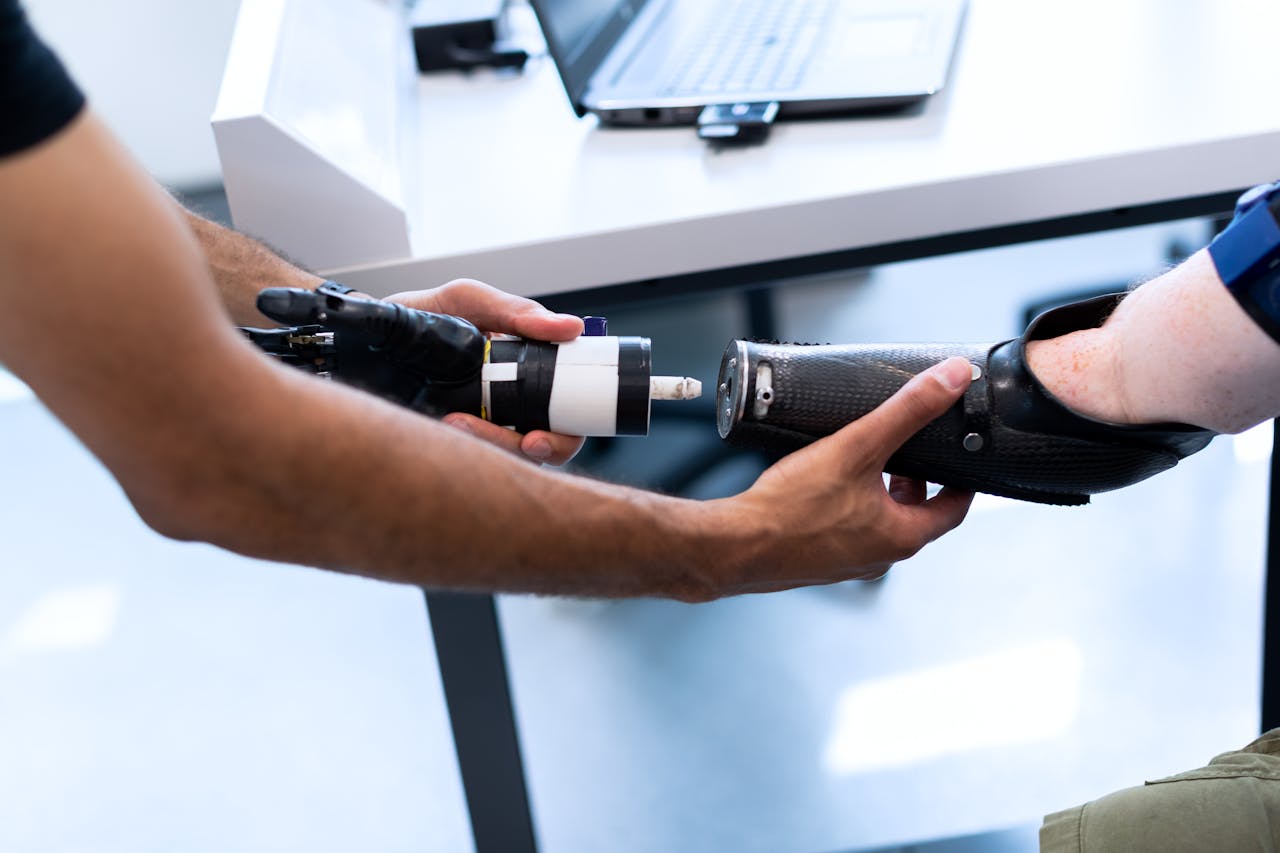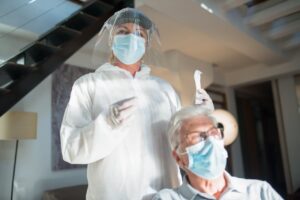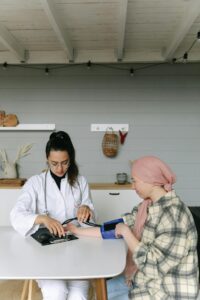In 2025, technological innovations have fundamentally transformed the landscape of disability support, reimagining the intersection of human potential, medical science, and technological advancement. The Social Security Disability Insurance (SSDI) system now stands at the forefront of a revolutionary approach that sees technology not as a compensatory tool, but as a powerful mechanism for expanding human capabilities.
Personal Narrative: Alex’s Technological Transformation
Alex Martinez’s journey epitomizes the profound impact of technological innovations. Born with a complex mobility challenge, Alex discovered how emerging technologies could transform limitations into opportunities, creating unprecedented pathways for personal and professional development.
Comprehensive Technological Support Ecosystem
The 2025 disability support technological landscape represents a sophisticated, interconnected ecosystem of innovative solutions. These technologies go far beyond traditional assistive devices, creating comprehensive support systems that adapt, learn, and grow with individual users.
Artificial Intelligence and Adaptive Technologies
Artificial intelligence has emerged as a transformative force in disability support, offering unprecedented personalization and adaptive capabilities:
Adaptive AI Support Mechanisms
- Personalized functionality prediction
- Real-time capability assessment
- Dynamic environmental adaptation
- Predictive assistive interventions
- Comprehensive user experience optimization
Sophisticated machine learning algorithms now analyze multiple data points, creating intelligent systems that understand and anticipate individual needs with remarkable precision. These AI-driven platforms can predict potential challenges, suggest adaptive strategies, and provide real-time support across various life domains.
Neurological Interface Technologies
Breakthrough neurological interface technologies have revolutionized communication and mobility support:
Neural Adaptation Technologies
- Direct brain-computer communication systems
- Advanced prosthetic control interfaces
- Thought-based mobility assistance
- Comprehensive neural rehabilitation platforms
- Adaptive sensory reconstruction technologies
These technologies create unprecedented opportunities for individuals with neurological and mobility challenges, transforming the concept of disability from limitation to adaptive potential.
Comprehensive Sensory Augmentation Systems
Advanced sensory augmentation technologies provide transformative support for individuals with sensory challenges:
Sensory Innovation Platforms
- Adaptive visual reconstruction technologies
- Advanced auditory processing systems
- Comprehensive tactile feedback mechanisms
- Multisensory integration platforms
- Real-time environmental translation technologies
These innovations go beyond traditional assistive devices, creating comprehensive sensory experiences that expand individual perception and interaction capabilities.
Adaptive Work and Professional Development Technologies
Technological innovations have fundamentally transformed professional development opportunities for individuals with disabilities:
Professional Adaptation Technologies
- AI-powered workplace accommodation systems
- Adaptive communication platforms
- Comprehensive skills matching technologies
- Remote work integration solutions
- Personalized professional development algorithms
These technologies create dynamic, flexible professional environments that recognize and celebrate diverse capabilities.
Holistic Health Monitoring and Management
Advanced health monitoring technologies provide comprehensive, personalized health support:
Integrated Health Technologies
- Predictive medical condition monitoring
- Comprehensive treatment optimization platforms
- Real-time physiological assessment systems
- Adaptive rehabilitation technologies
- Personalized wellness intervention strategies
These technologies transform health management from reactive treatment to proactive, personalized wellness optimization.
Recommended Technology Integration Strategy
Successfully leveraging technological innovations requires:
- Continuous learning and adaptation
- Personalized technology exploration
- Comprehensive support network engagement
- Proactive skill development
- Adaptive mindset cultivation
Navigating the complex world of disability support technologies can be challenging. The Law Office of Irene Ruzin offers comprehensive support to help you explore, integrate, and maximize cutting-edge technological solutions.








